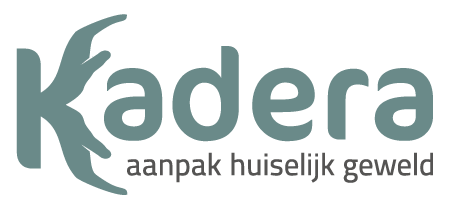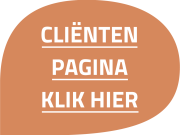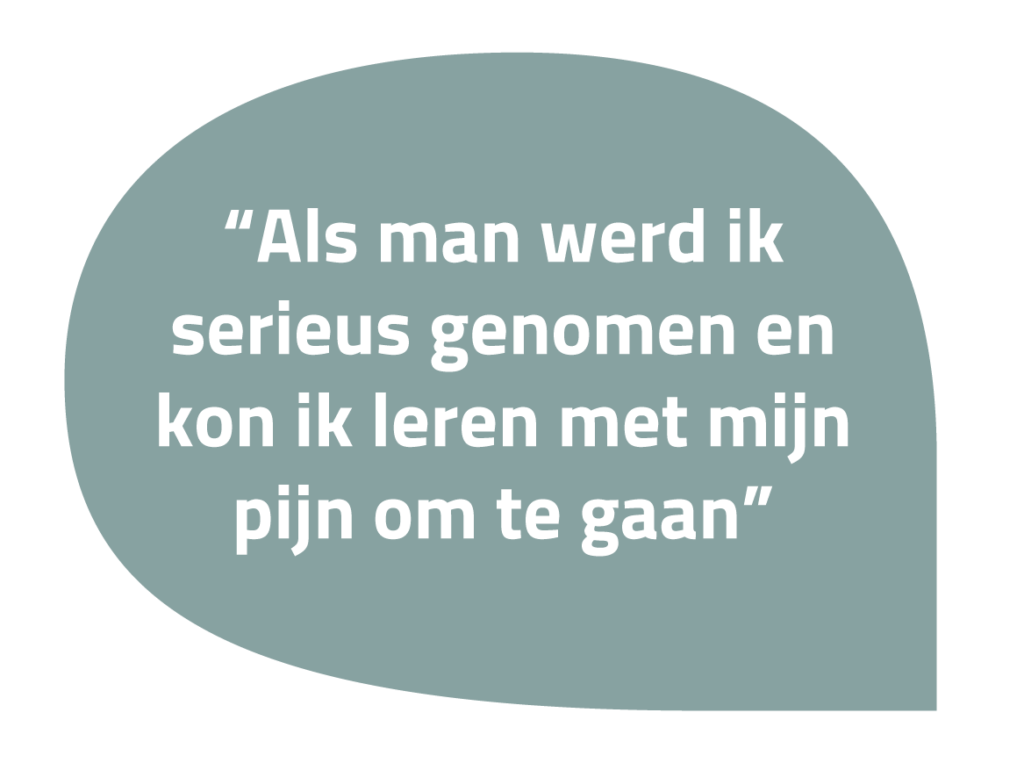Shelter for women
Women’s shelter
If you are subjected to intimate partner abuse, honour-based violence, human trafficking or forced prostitution, it may sometimes be necessary to live somewhere else temporarily. Kadera offers various types of care in Enschede and Zwolle.
We will examine which type of help is most appropriate together. For example, someone can live in a group unit or in one of our independent living units. If you have children, you can bring them to the shelter.
Clients live in our facilities in neat little apartments, many of which have their own living room, kitchenette and bathroom. People under serious threat may be housed in one of our Safe Houses. Their locations are kept strictly secret. The maximum stay is one year.
Anyone can search for appropriate help for themselves or others through the Opvangatlas (shelter atlas)—including in case of threats or violence at home.
People staying at Kadera have access to a range of counselling services in the shelter. In addition to individual counselling sessions, we also offer courses and meetings. The client works with the case manager to determine the goals they want to work on. There is also help available to regain financial independence. We guide clients toward a life without abuse using the Krachtwerk methodology, focusing on what they can do instead of what they cannot do. We help clients discover and utilise their strengths. They are in control of the process.
Kadera focuses on the client, their partner/ex-partner, and any children or others involved to stop domestic abuse. In conversations which may include the partner, we discuss the dynamics—how people interact and respond to each other. These conversations are necessary to end domestic abuse.
We pay special attention to children in the shelter. Like their parent, they also receive counselling. Veerkracht is a methodology that helps with this. Social workers work to ensure the children’s safety, well-being and development. Each child receives individual counselling and a screening, action plan and safety plan. A regular social worker supports the child and parents during this process.
Children must receive the care they need. To that end, Kadera collaborates with external organisations such as Jeugdbescherming Overijssel. When children come into our care, we help them return to school as soon as possible. We have made arrangements with schools in the area. There is a nursery in the shelter for young children. We also organise activities and outings.
Clients can obtain aftercare after their stay in the shelter. We will continue working on the strengths assessment and the action plan. The client will receive several counselling sessions to work on their goals. If necessary for aftercare, Kadera will collaborate with parties such as general social services or Regionale Instelling voor Begeleiding bij Wonen, Werken en Welzijn (RIBW). Clients can also receive aftercare from Kadera at home.
For more information or if you want to sign up, call +31 88 422 24 95 or send an email to toegang@kadera.nl.



